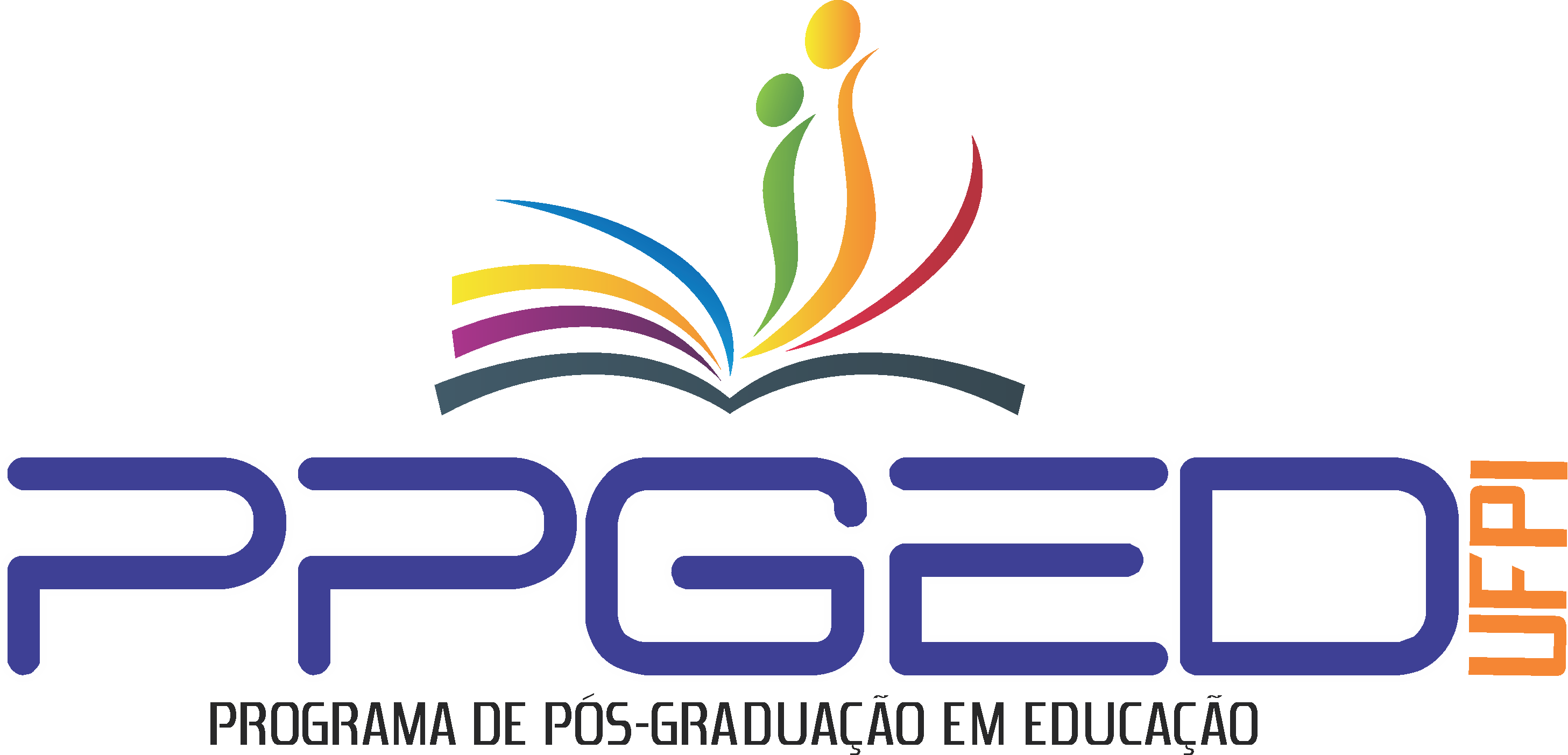WHAT DOES TECHNOLOGY FOR EFFECTIVE PEDAGOGY DEMAND OF LEARNERS AND INSTRUCTORS?
Palavras-chave:
Tecnologia, Fatores Culturais, Características dos Estudantes, Ensino AprendizagemResumo
Para Robbins et. al. (2002), há uma ligação importante entre o emprego das modalidades de comunicação intermediadas pelo computador, o ensino e a aprendizagem do aluno. Um levantamento de estudantes e entrevistas com professores tinham indicado que o uso do email e software para manejo online de curso contribuiu positivamente para o desempenho dos alunos porque se envolveram mais no processo de ensino-aprendizagem de diversas maneiras. De acordo com a literatura, durante este processo, tanto professor quanto alunos, assumindo maiores responsabilidades para ensinar e aprender constroem novos compromissos em suas relações. Utilizando estas informações como arcabouço teórico-metodológico, desenvolvemos observações, entrevistas, e grupos de foco com estudantes com a finalidade de investigar se os professores, com apoio de tecnologia computacional utilizando o correio eletrônico e programas para armazenamento online de material didático, ajudariam a nutrir uma pedagogia mais participativa. A análise descritiva e interpretação básica dos dados indicaram um aumento nas comunicações dos estudantes e das respostas dos professores. Isto é, com a utilização dos meios de comunicação pedagógica mediada pelo computador, professores e estudantes aumentaram as suas interações que possibilitaram maiores ganhos pedagógicos por todos envolvidos no processo.
Downloads
Referências
ADLER, N.J. International dimensions of organizational behavior. Second ed. Boston,MA: PWS-Kent, 1991.
APPLE, M.Is the New Technology part of the solution or part of the problem in Education? In: Darder, A.; Baltodano, M.; Torres, R. D. The critical pedagogy reader. New York, NY: RoutledgeFalmer, 2003. (p. 440-458).
BENDER, T. Discussion-based online teaching to enhance student learning: Theory, practice, and assessment. Sterling, VA: Stylus Publishing, 2003.
CAMPBELL, K. Adult learners and hypermedia environments. Hershey, PA: Information Science Publishing, 2004.
CHILD, J. Culture, contingency and capitalism in cross-national study of organizations. In: Cummings, L.L.; Staw, B.M. Research in organizational behavior. Greenwich, CT: JAI Press, 1981. (p. 303-356).
COLLIS, B.; MOONEN, J. Flexible learning in a digital world: Experiences and expectations. Sterling, VA: Stylus Publishing, 2001.
CRESWELL, J. W. Research design: Qualitative, quantitative, and mixed methods approaches. Thousands Oaks, CA: Sage Publications, 2003.
CUBAN, L. Teachers and machines: The classroom use of technology since 1920. New York, NY: Teachers College Press, 1986.
FREIRE, P. Pedagogy of the oppressed. New York, NY: Seabury, 1970.
FROSNOT, C.W. Constructiveness: A psychological theory of learning. In: Frosnot, C.W. Constructivism: Theory, perspectives and practice. New York, NY: Teachers College Press, 1996.
GAINES, C., Johnson, W.; King, T. Achieving technological equity and equal access to the learning tools of the 21st century. THE Journal Online. http://www.thejournal.com/magazine/vault/articleprintversion.cfm?aid=400>, 2004.
GOODLAD, J. A place called school: Prospects for the future. New York, NY: McGraw-Hill, 1984.
HOFSTEDE, G. Culture’s consequences. Thousand Oaks, CA: Sage Publications, 2003.
LEWIS, R.D. When cultures collide: Managing successfully across cultures. Nichols Brealey Publishing Ltd, 1996.
MERTENS, D.M. Research methods in Education and Psychology. Thousand Oaks, CA: Sage Publications, 1998.
NELSON, K.G.; CLARK, T.D. Cross-cultural issues in Information Systems research: A research program. Journal of Global Information Managemen, v. 2, n. 4, p. 19-29,1994.
PAQUETTE, G. Virtual learning centers for XXIst century organizations. In: Verdejo, F; Davies, G. The Virtual Campus: Trends for Higher Education and Training. London, UK: Chapman & Hall, 1998. p. 18-34
PATTON, M.Q. Qualitative evaluation and research methods. Newbury Park, CA: Sage Publications, 1990.
ROBBINS, N. et al. Computer mediated communication and university international students. Journal of Educational Technology Systems, v. 30, n. 3, p. 323-33, 2001.
VERDEJO, F.; DAVIES, G. The virtual campus: Trends for higher education and training. London, UK: Chapman & Hall, 1998.
WILD, M.; Henderson, L. Cultural contextualization of learning with the world wide web. In: Verdejo, F.; Davies, G. The Virtual Campus: Trends for Higher Education and Training. London, UK: Chapman & Hall, 1998. p. 129-143










